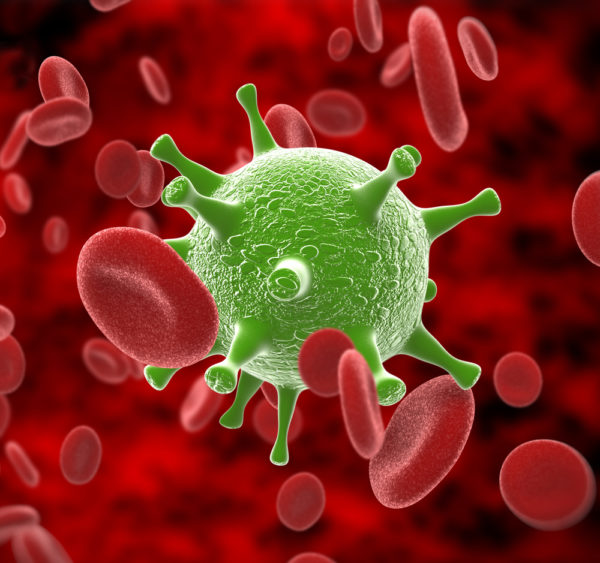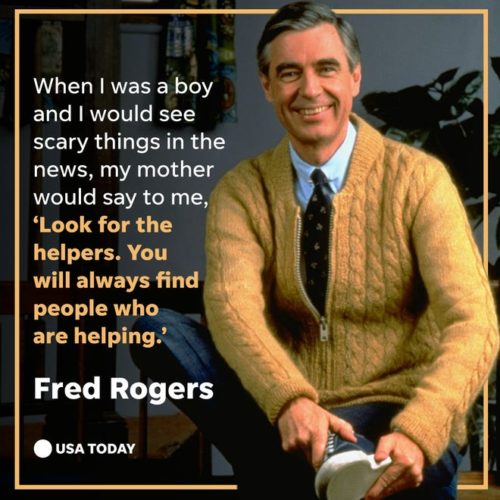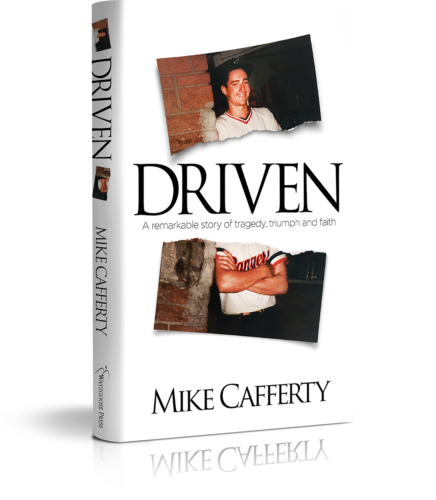People who’ve met me in person — and spent a considerable amount of time in my presence — know that I suffer from a chronic cough. It’s the terribly annoying and sometimes painful remnant of an evil zombie death flu I contracted in the spring of 2008, one that morphed into pneumonia and then eventually departed, leaving me depleted and coughing.
When the cough didn’t stop after several weeks, I went to my doctor, an elderly physician who’d been practicing for decades. He took one look at me and decided it must be acid reflux. While I didn’t experience heartburn very often, he prescribed a daily dose of Prilosec to keep my stomach acids from climbing into my throat and making me cough. After taking it diligently for six months, I was still coughing. I returned for another examination.
This time, the doc thought I might be suffering from adult-onset asthma. Over the next two years, he had me try a variety of inhalers and daily asthma meds. None of them worked. The cough persisted and even seemed to be getting worse. “I can’t help you anymore,” he said, so I switched to a new doctor.
After looking at my medical records, she sent me to the hospital for an x-ray and a breathing test. The x-ray revealed that my lungs were clear but the breathing test showed they were working at only 91% capacity. The doc gave me new meds to try, new inhalers and ordered a nebulizer for the bad coughing fits. The coughing did not improve. In fact, now it was getting so persistent that I had started coughing in patterns: every time I went out into the cold, whenever I exercised, right after I woke up as well as random times during the day. The coughing fits would sometimes make it difficult to breathe. My lungs would ache from the effort, my back muscles would feel strained and during particularly bad fits, I’d become incontinent.
After two more years of trying to figure out what was wrong and failing, she sent me to an allergist. He took one look at me and said it was probably acid reflux. I explained it wasn’t, that I’d been on Prilosec for several years on doctor’s orders and the coughing had continued. He was still convinced that the reflux was the problem and had me change my diet, buy more pillows and elevate my bed to keep the acid down. A year later? Still coughing.
Frustrated and desperate, my doctor wrote a referral for me to visit the ear, nose and throat experts at a prominent hospital in Boston. So M and I drove all the way into the city, a trip that took more than two hours each way. These doctors stuck a tube up my nose and down my throat to examine the damage. It was considerable. Years of coughing had taken a toll on my vocal cords and throat and had even lowered the timbre of my voice. They diagnosed me with a damaged vagus nerve. The damage had been caused by that flumonia years ago and there was little to be done to fix the problem.
Since then, I’ve tried breathing exercises and various neuropathic remedies, but those didn’t alleviate the cough. When the dentist pulled a tooth last year, he prescribed a treatment of antibiotics, acetaminophen and the opioid known as oxycodone. For the short time I took the oxy, I didn’t cough at all. It was like a miracle, albeit a limited one. For fear of getting addicted, I refused to take the whole course of meds and the coughing returned.
For now, hot tea helps and light knows I drink a lot of it, even in the summer months. I keep a humidifier on my desk and also on my nightstand table. I’m vaccinated for the flu every year; my lungs just couldn’t handle another bad bout with pneumonia. I also stay hydrated and keep cough drops and gum on hand. Although the cough was an annoyance in my life, I had learned to live with it.
Until the arrival of COVID-19.
Cough in public now and you’ll receive dirty looks from strangers. Cough, even into your elbow as the experts suggest, and people will act like you have the plague. Even worse than the shunning was the knowledge that my condition made me more susceptible to contracting a severe form of the novel coronavirus, one that could land me in the hospital or worse, in the morgue.
I’ve been covering the virus’s devastating effects in China and other countries for months. I knew it would come here eventually and that I’d be one of the millions who would be at risk. This is why other than a single book club meeting last month, I’ve remained inside my house for nearly eight weeks now. Thankfully, as a writer, I’m pretty good at self-isolating.
Tonight, at 11:59 p.m., the state of New Hampshire will go into lockdown in an effort to stop the spread of the virus and “flatten the curve.” Based on history and practice, I know such social distancing will help.
I do wonder, though. When the worst is over, when the virus has done its damage and society begins to churn into motion again, will I be the only one left with an annoyingly persistent cough? And if so, will researchers finally figure out a way to ease it?






